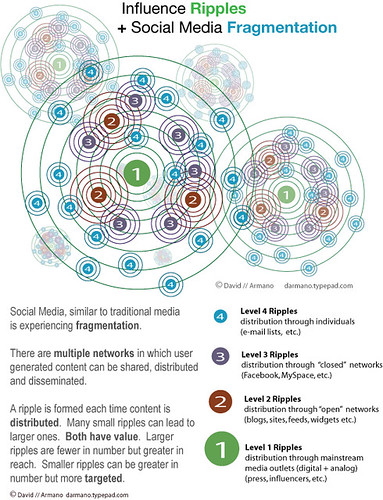
Marissa Mayer, VP, Search Products & User Experience from Google wrote:
Good job, Google, in resolving this error within an hour!1/31/2009 09:02:00 AMIf you did a Google search between 6:30 a.m. PST and 7:25 a.m. PST [9:30-10:25 a.m. EST] this morning, you likely saw that the message "This site may harm your computer" accompanied each and every search result. This was clearly an error, and we are very sorry for the inconvenience caused to our users.
What happened? Very simply, human error. Google flags search results with the message "This site may harm your computer" if the site is known to install malicious software in the background or otherwise surreptitiously. We do this to protect our users against visiting sites that could harm their computers. We maintain a list of such sites through both manual and automated methods. We work with a non-profit called StopBadware.org to come up with criteria for maintaining this list, and to provide simple processes for webmasters to remove their site from the list. --Read it all here.
That said, many of us personally use free Google tools for email, chat, document sharing, web analytics, blog software and, of course, search.
Many folks think that governments--local, state and federal--should take ample advantage of these free tools (from Google and other companies), to maximize budget and reach. Why reinvent it? And, importantly, some government agencies already use free tools.
Some think that government shouldn't use free commercial tools because tools external to the government are inherently not under government control. And something bad might happen, like the human error introduced by Google. [And for many other reasons, too, but not germane to this post.]
Some people have told me that using a tool like Google's Blogger is a vulnerability. Juxtapose that with the 24-hour email outage at the White House this last week.
So, the takeaway? I think this is a cautionary tale. The private technology sector is innovative but not perfect. Smart people will look at overall risk and rewards of implementing free and open-source solutions. They will make decisions and have contingency plans for the just-in-case scenarios and think about how they would communicate and explain the decision to go with one solution over another.
And, as usual, there is no silver bullet.










